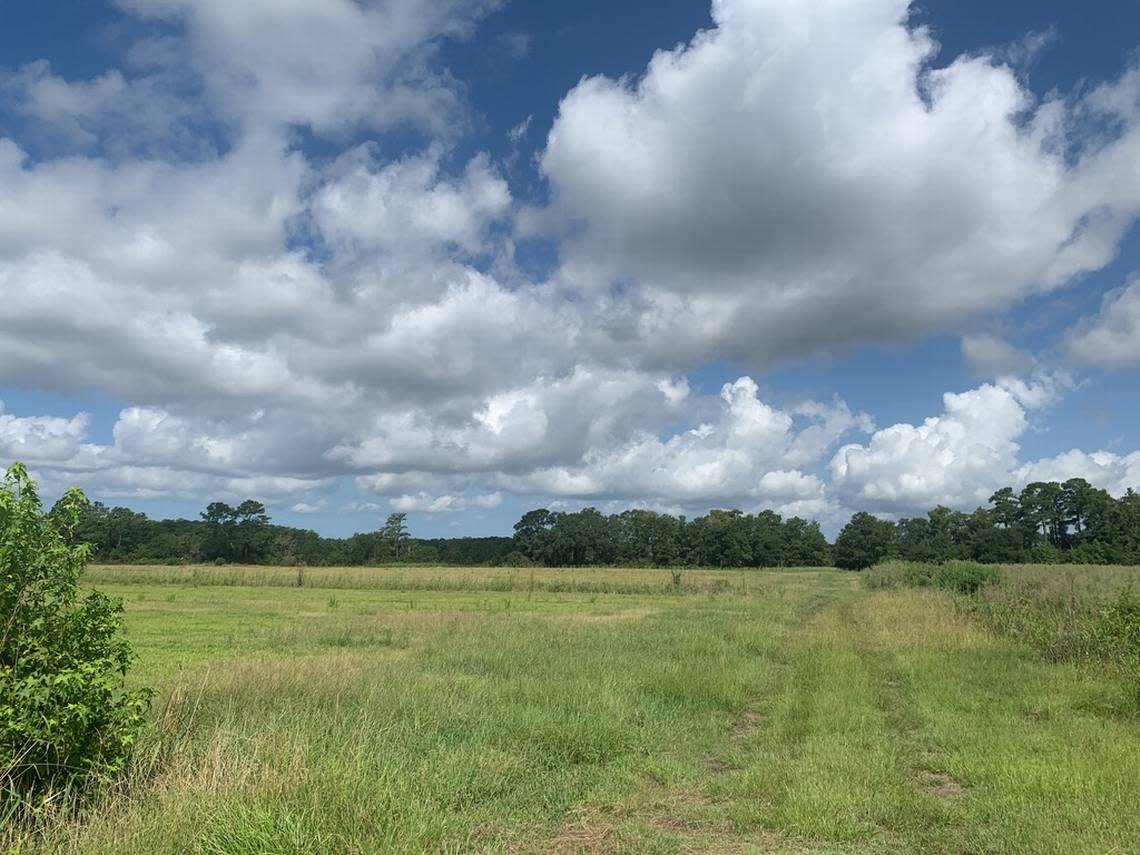Beaufort County Council passes scaled-back sales tax referendum to preserve green space
Beaufort County voters will decide on a sales tax to protect green space, but at a lower rate than originally planned.
The Beaufort County Council voted 9-1 Monday to pass the green space sales tax referendum. The penny tax, if passed, would be in place for two years with a revenue cap of $100 million for the county to “buy down density to slow and prevent development.”
Meaning, to buy currently undeveloped land and put it in public hands to protect it.
“We have a lot of land to preserve within our county to slow growth and preserve our environment,” Beaufort County Chairman Joe Passiment said.
Once proposed to go along with a now scrapped transportation sales tax referendum, the green space referendum has seen a number of reductions. It was originally was to run 10 years and generate $700 million in revenue, then was scaled back to four years and $300 million.
The passage Monday was on a third reading and the referendum will be placed before voters in the Nov. 8 general election.

If passed by voters, the county estimates that 40% of the revenue would be paid by tourists and part-time residents. The tax would start in May 2023 and run until May 2025, encompassing two summers into the collection period.
Purchases on food, medicine and gas would be exempt from the tax to lessen the burden on locals, officials noted.
The amendment to scale back the referendum even further was introduced by Councilman Paul Sommerville and seconded by Councilman Logan Cunningham before being passed by the full council.
“Many of us ran on slowing growth, and we have been using our tools at the county level. Municipalities have been reluctant to support us. This tool gives us direct control,” Cunningham said. “The tax gives us a good direction, has a cap and an end date.”
Referendum passage uncertain
Although the referendum was passed by the council, its fate is still uncertain as Beaufort County voters mostly have opposed approving sales and property taxes at the polls in recent years.
The only recent exception to county voters’ anti-sales tax posture came in 2018 when voters approved a penny sales tax increase to pay for infrastructure projects; the tax lapsed in 2021 after it had raised the maximum $120 million.
The economy is another important factor that could affect the decision on whether to pass the sales tax increase. Inflation hit 9.1% in June, the highest rate in more than 40 years, according to the U.S. Bureau of Labor Statistics.
Fear of a recession was one factor on the mind of Ann Ubelis, chair of the Beaufort Tea Party, who spoke at the meeting during citizen comment period.
“Are you tone deaf?” Ubelis asked. “We can’t afford this.”
Ubelis made it clear before the vote that if the referendum was passed by the County Council, she would lead the charge to fight the tax.
Beaufort County voters in the past two decades have passed bond issue referendums raising money for conservation through property taxes.
Since 2002, voters have voted yes on five referendums raising $170 million for the Beaufort County Rural and Critical Land Preservation Program to fund conservation efforts in the county. A person with a $250,000 owner-occupied home saw their tax bill increase by an estimated $9-$10 a year.
Funds from the program, which have protected about 29,000 acres according the program’s 2021 annual report, were used to keep Widgeon Point Preserve safe and farmland on St. Helena Island as green space, akin to what the proposed sales tax revenue would be used for, county spokesman Chris Ophardt said. Some of the land could be turned into parks, but others would be left in their natural state for future generations.
“Green space is extremely popular,” Ophardt said recently. “Between comments to council and comments online on social media platforms, growth and density is one of the [top] concerns of the community.”
